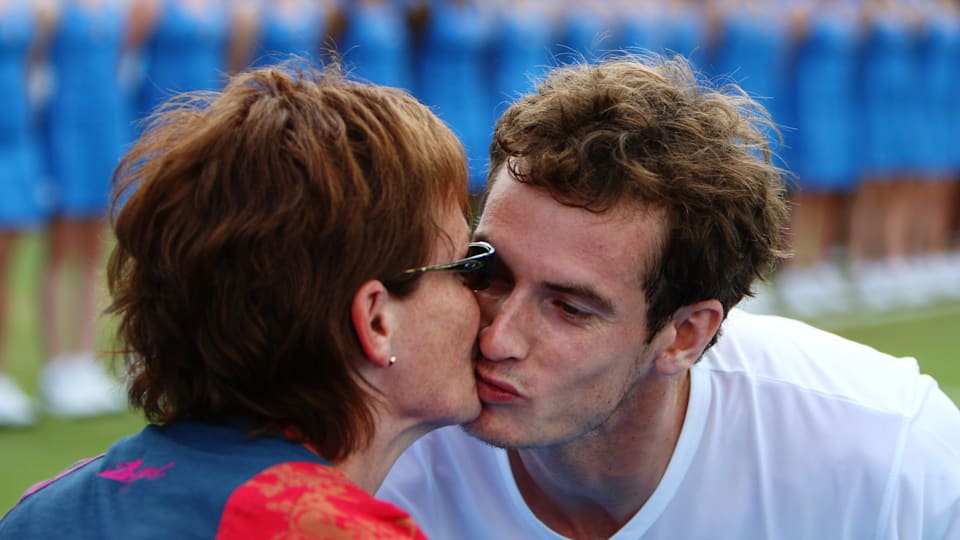Andy Murray, the voice for equality
The three-time Grand Slam winner has fought his entire career for parity between men and women

Whether Andy Murray ends his career at the 2019 Australian Open or not, his legacy as an advocate for women is already secure.
The Briton was equally impressive on the court, winning three Grand Slam titles and three Olympic medals, including two consecutive golds at London 2012 and Rio 2016.
Murray has also been tennis' voice for equality, correcting reporters on occasion.
One such instance occured following his defeat in the 2017 Wimbledon quarter-finals, when a journalist at the post-match press conference called Sam Querrey the 'first US player' to reach a major semi-final since 2009.
Murray didn't hesitate to cut him off: "male player."
The same happened at the 2016 Olympic Games, right after the final.
A presenter called him the 'first person to win two gold medals' in tennis, before Murray replied: "To defend the singles title. Venus and Serena (Williams) have won about four each."
The former world No.1 has defended pay equality between men and women and called for more women's matches on Wimbledon's Centre Court.
This lead to global praise, particularly from female players.
Tennis stars past and present paid tribute to the Scot on social media after he announced (in tears) that the 2019 Australian Open could be his last tournament.
Feminist
In 2014 Murray announced that he would be coached by Amélie Mauresmo, the former world No.1, two-time Grand Slam champion and silver medallist at Athens 2004.
"I knew that working alongside Amélie would set tongues wagging. The reason for this is that very few players before me have worked with a female coach."
He claimed that Mauresmo faced unfair criticism and prejudice simply because she is a woman. "The staggering thing was that she was slated every time I lost, which is something my former coaches never experienced."
The 31-year-old also only declares himself a feminist:
"Have I become a feminist? Well, if being a feminist is about fighting so that a woman is treated like a man then yes, I suppose I have."
